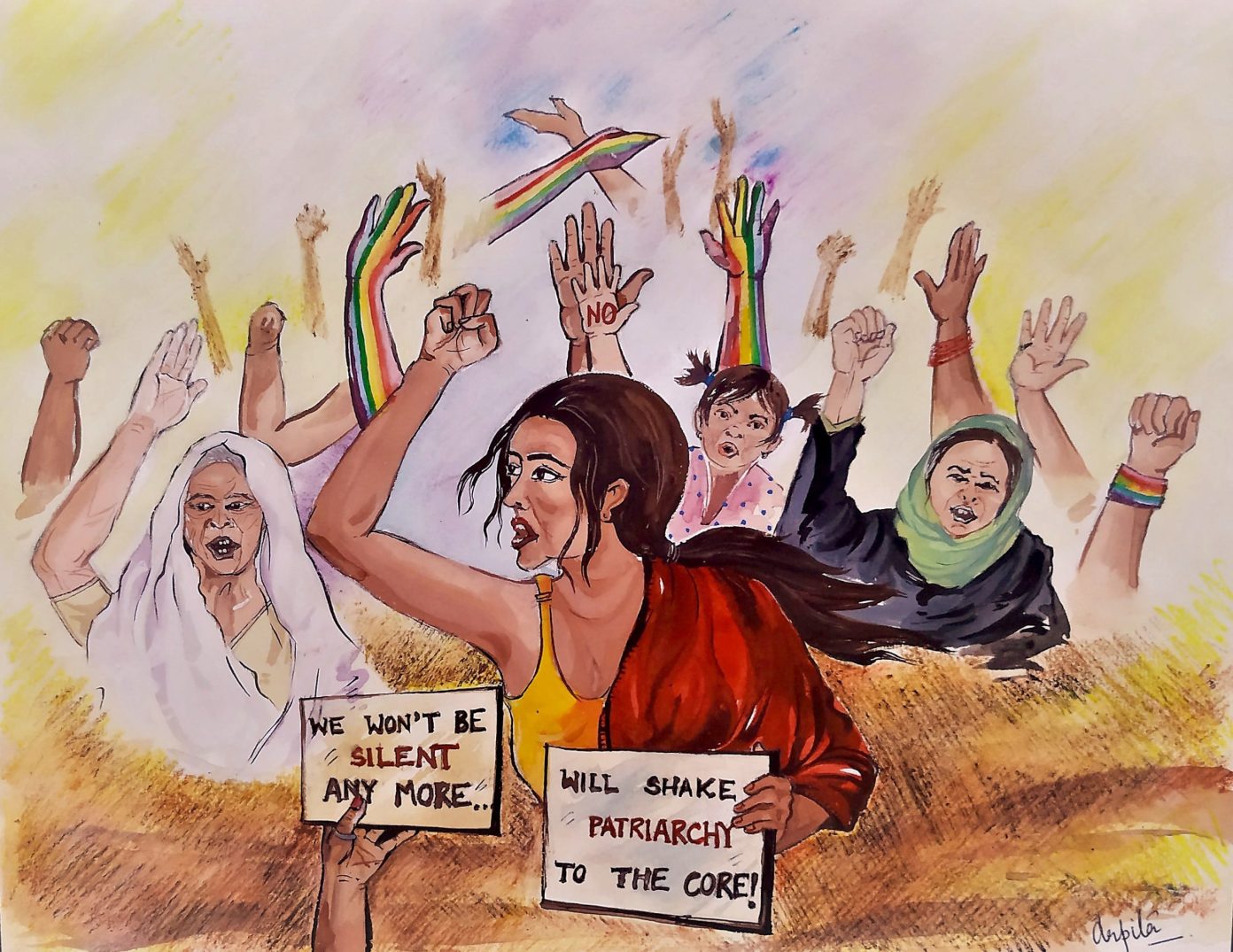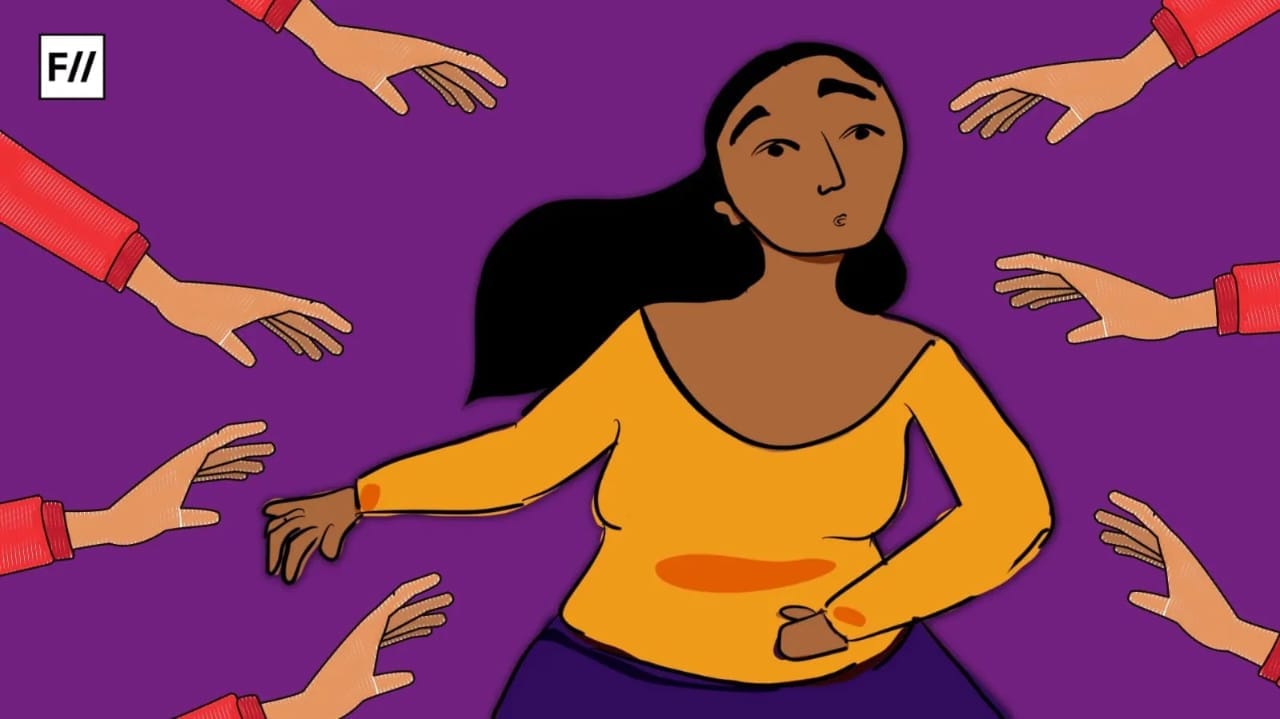Trigger Warning: Mention of rape and gender-based violence.
In recent years, Kashmir has been marred by a hidden crisis that is rarely talked about in public discourse – a sharp rise in sexual abuse, rape cases and molestation. Known for its breathtaking landscapes and vibrant culture, Kashmir has long been considered a paradise on Earth. However behind this idyllic facade lies a deeply disturbing reality for many women and girls who have been subjected to gender-based sexual violence.
The sharp rise in sexual abuse, rape cases and molestation in Srinagar, Kashmir brings to light a hidden crisis that has been silently plaguing the region. These cases not only highlight the vulnerability of women and children but also raise concerns about the safety and security of the community as a whole.
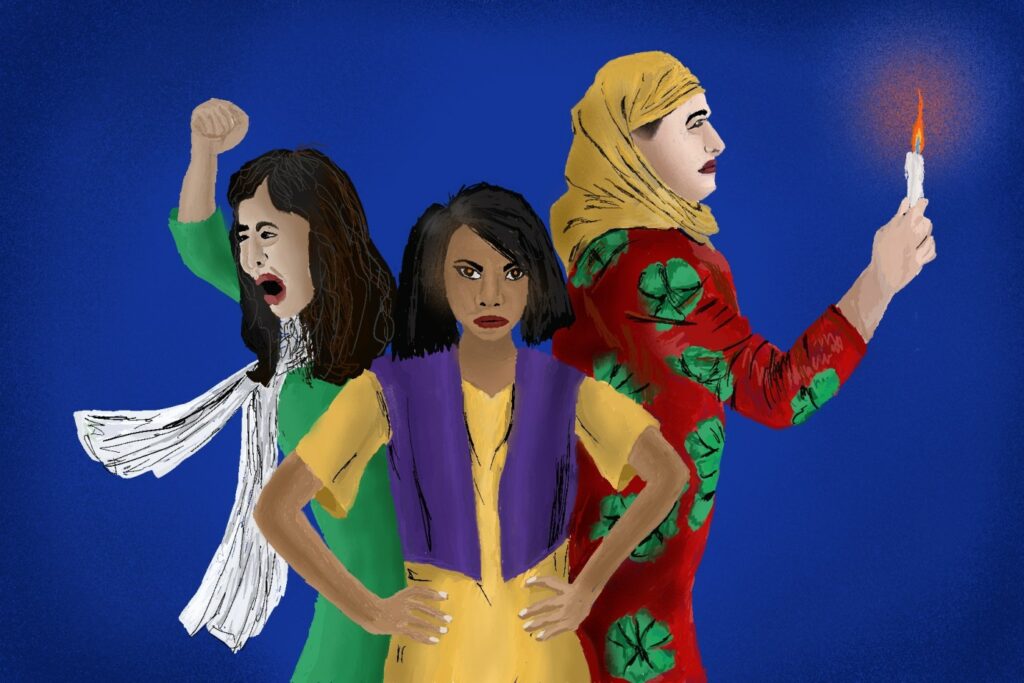
According to official data the Srinagar district alone has seen a significant increase in these heinous crimes. Five rape cases, twelve cases of sexual offences against children, 105 cases of molestations and 36 cases of kidnapping of women have been reported in just under seven months. These numbers paint a grim picture of the reality faced by women and children in the region.
The reasons and implications of gender-based violence in Srinagar
The reasons behind this surge in gender-based sexual violence in Kashmir are complex and multifaceted. The ongoing conflict and instability in the region have created an environment where lawlessness and impunity thrive. The presence of the armed forces and militant groups has further contributed to a sense of fear and insecurity among the population.
The pervasive culture of silence and victim-blaming also plays a significant role in perpetuating the cycle of gender-based violence. Women and children are often discouraged from reporting such crimes due to the fear of social stigma and retaliation. This culture of silence not only allows the perpetrators to go unpunished but also prevents the survivors from accessing justice and support.
The consequences of sexual violence are not limited to the immediate victims. The trauma experienced by survivors can have long-lasting effects on their mental health and well-being.
The consequences of gender-based sexual violence are not limited to the immediate victims. The trauma experienced by survivors can have long-lasting effects on their mental health and well-being. Many survivors suffer from Post-traumatic Stress Disorder (PTSD), anxiety, depression and other psychological disorders. These mental health issues often go untreated due to the lack of resources and support in the region.
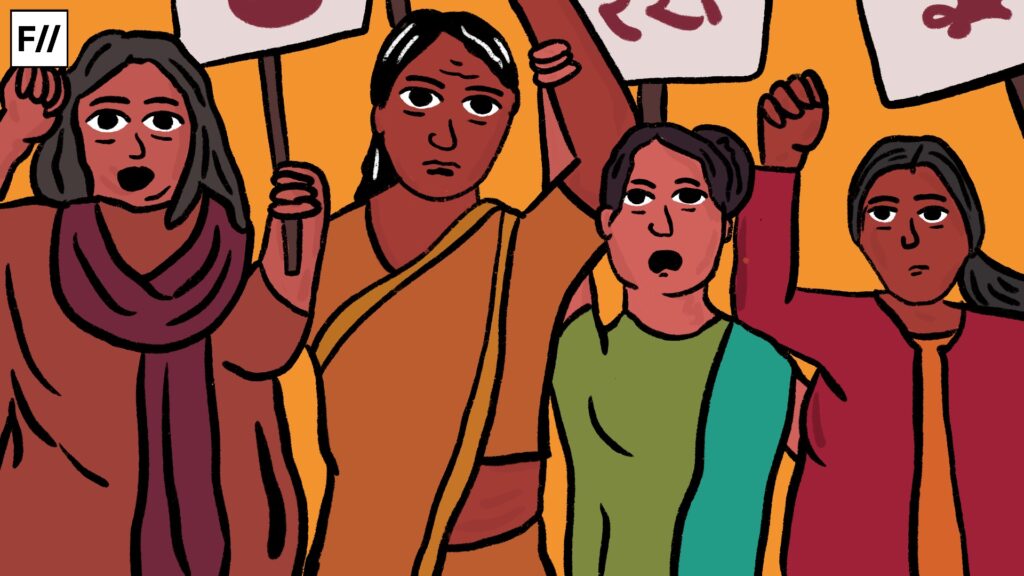
Cases of cruelty by husband(s) have risen sharply, as officials believe ‘the women folk are feeling more secure and protected against registration of complaints now,’ according to Rakesh Balwal (SSP Srinagar).
SSP Rakesh Balwal stated that despite the surge of people from all parts of the Valley and beyond in Srinagar, law enforcement officials are making every effort to guarantee that women have the same amount of freedom and liberty as their male counterparts, whether at a social or household level.
According to the police officer, “The women folk are feeling more secure and protected compared to registration of complaints now when it comes to any sort of abuse,” adding that although a mixed rate of case registration is being observed when the overall records of the last three years are compared, there is nevertheless a fair surge of cases under cruelty by husband(s).
Analysing cases of gender-based violence categorically
Sharing a break-up of cases under different gender-based crime categories in the year 2020, 2021, 2022 and the first seven months of the ongoing year so far, the police officer said, that in year 2020, the Srinagar district saw 7 rape cases; in 2021, it saw 21; in 2022, it saw 14 cases and in the ongoing year so far it has seen 5 such cases. Similarly, under the sexual offences against children category, the district saw 8 cases in 2020, 20 in 2021, 26 in 2022 and 12 cases in this year so far.
The kidnapping of women category had 42 incidents in 2020, 83 in 2021, 116 in 2022, and 36 so far this year.
The officer reported that the district experienced 187 occurrences of molestation in 2020, 204 in 2021, 227 in 2022, and 105 so far this year. The number of street harassment incidents was 6 in 2020, 9 in 2021, 8 in 2022, and 3 so far this year.
According to the officer, the district witnessed 47 occurrences of cruelty by husband in 2020, 41 in 2021, 70 in 2022, and 54 so far this year.
Immoral actions cases were nonexistent in 2020, one in 2021, none in 2022, and one so far this year.
In 2020, there were no incidents of dowry death, one case in each of 2021 and 2022, and no cases have been reported in the district thus far this year.
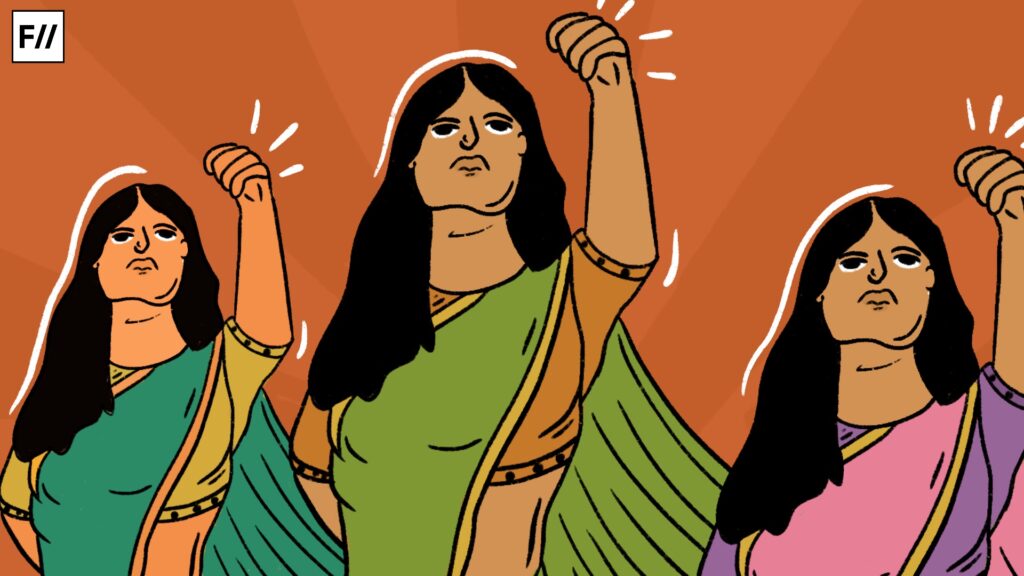
‘We have a zero-tolerance policy on crime against women, and I would reiterate it here that whosoever is found involved in any such crime will be dealt with strictly as per law,‘ the officer continued.
The perpetuation of gender-based violence and attempts to address it
The culture of silence and fear surrounding gender-based sexual abuse in Kashmir also plays a significant role in perpetuating this crisis. Traditional societal norms and conservative values prevent survivors from speaking out and seeking justice. Fear of retaliation, ostracisation and social stigma often force victims into silence allowing the perpetrators to continue their reign of terror unchecked.
The economic impact of gender-based sexual violence is also significant. Survivors often face difficulties in finding and maintaining employment due to the stigma associated with being a victim of sexual abuse or rape.
Efforts are being made to address this crisis and provide support to survivors. Local organizations and activists are working tirelessly to raise awareness about sexual violence and provide resources to survivors.
Efforts are being made to address this crisis and provide support to survivors. Local organisations and activists are working tirelessly to raise awareness about sexual violence and provide resources to survivors. They collaborate with legal and medical professionals to ensure that survivors receive the necessary support and pursue justice.
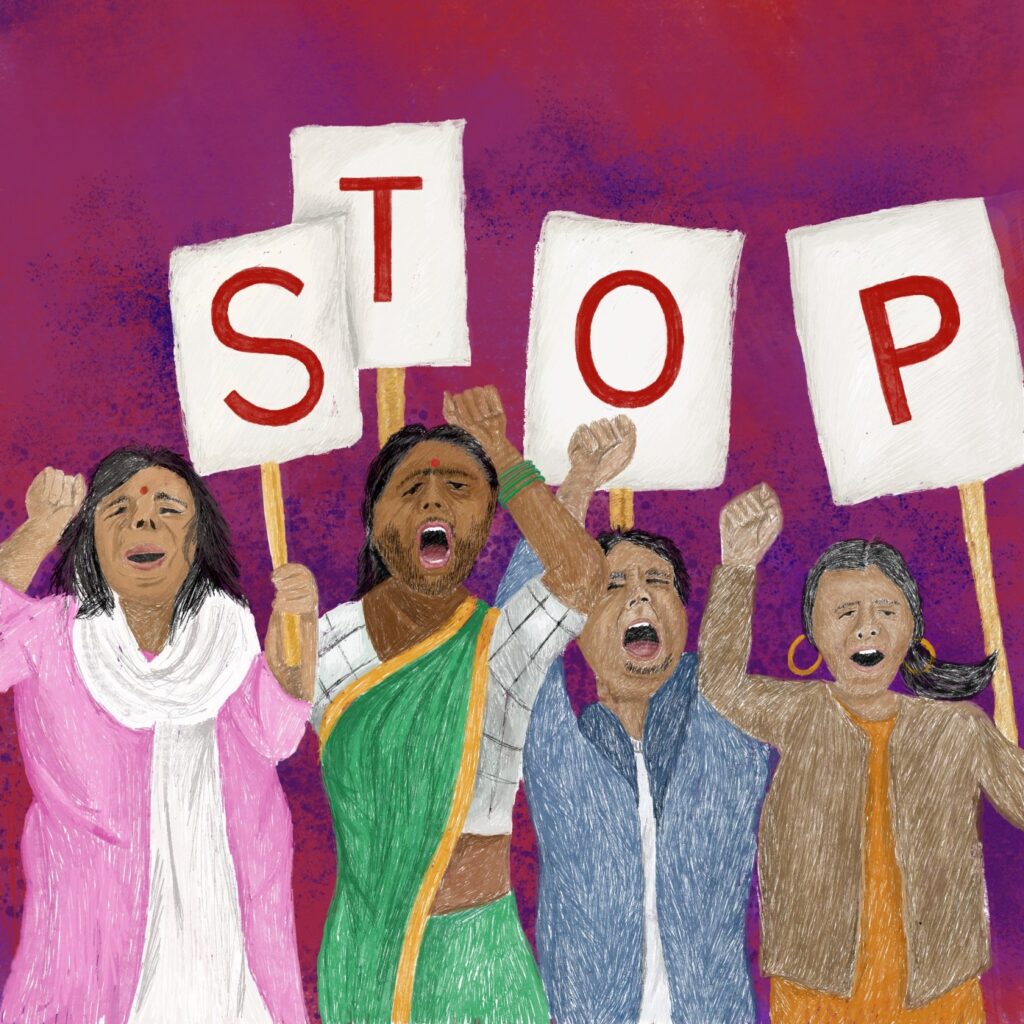
However, there are several challenges that need to be overcome in order to effectively address this crisis. The lack of resources, both human and financial, hinders the provision of adequate support services. The need for specialised training in trauma-informed care and counselling is also crucial to ensure that survivors receive appropriate support.
Uzma Shabnam (University Student) said, “As a citizen of Kashmir I am deeply disturbed by the rise in sexual (violence) cases. We need stronger laws efficient law enforcement agencies and a judicial system that works swiftly to deliver justice. Only then can we hope to create a society where everyone feels safe and secure.”
Additionally, there is a need for increased awareness and education about consent, gender-based sexual violence and gender equality. Schools and educational institutions can play a crucial role in this regard by incorporating comprehensive sex education into their curriculum. These efforts can help break the cycle of gender-based violence and create a safe and inclusive society for women and children.
We need stronger laws efficient law enforcement agencies and a judicial system that works swiftly to deliver justice. Only then can we hope to create a society where everyone feels safe and secure
Uzma Shabnam

Taha Wani (Psychologist) said, “It is heartbreaking to hear about the increasing number of sexual (violence) cases in our society. We need to create a safe environment where survivors can come forward without fear of stigma or retaliation. Educational institutions community leaders and the government all have a role to play in raising awareness and providing resources to address this issue.”
“The prevalence of sexual (violence) cases in Kashmir reflects deep-rooted societal issues and the need for a comprehensive approach to tackle them. We need to prioritise education awareness and gender equality to break the cycle of violence and ensure the safety and well-being of all individuals in our society,” she added.
